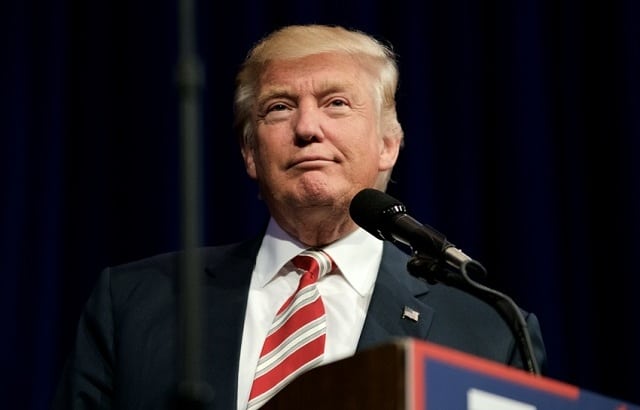Time to panic?
Ed Smith, head of asset allocation research at Rathbones, says that history would suggest now is not the time to panic, as previous shutdowns have had little impact on markets.
“In 1995, with Bill Clinton in the White House but the Republicans controlling Congress, politicians used the debt ceiling in a game of brinkmanship over approving the 1996 Budget,” he recalls. “The President vetoed Republican cuts and the government shut down for five days in November, and then again for a further 22 days from December 16.
“Financial markets barely blinked: the S&P 500 continued on a strong uptrend and rose relative to global equities too; the dollar suffered no volatility whatsoever; the Vix was unresponsive; US treasury yields were unchanged versus bunds.”
During the shutdown in 2013, some 18 years later, Smith says again there was no marked disruption, and in 2018 he is expecting little impact again.
“Markets do not react because the economic impact is not that large,” Smith says. “Non-essential government personnel are ‘furloughed’ (roughly 850,000 of them in 2013), but they are compensated once they come back to work. Research estimates that every week of shutdown would cost the economy 0.1 percentage points of annualised GDP growth. So if the shutdown were to last three-to-four weeks, I would expect it to fully negate the uplift to 2018 GDP from tax cuts. But again this is highly unlikely.
“The yield curve has steepened again over the last fortnight, but the 2018 shutdown could mean the curve reverts to the flattening trend which we noted in December.”
Kurt Feuerman, manager of the AB Select US Equity Portfolio at Alliance Bernstein, also thinks recent developments will not impact the long-term outlook for US equities and that going into year two of his presidency there is a “wide range of opportunities for investors to benefit from under the Trump administration”.
“As President Trump enters his second year in office, his much-anticipated radical reforms now a reality with the new tax legislation in place, some investors may be concerned about a potential correction to the record high equity market,” Feuerman says. “But we think there are still opportunities in the US for European investors willing to hold tight and benefit from fundamental trends.”
For Lowcock, the key is being patient. “As yet an opportunity to invest has not arisen, but this is an ongoing situation and there is the potential for things to escalate, so it is important to monitor the situation,” he says. “However, given that salaries are often backdated the effects of a shutdown are usually temporary.”







